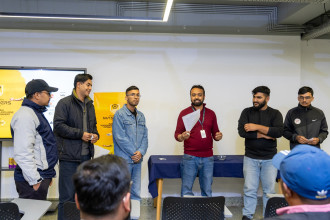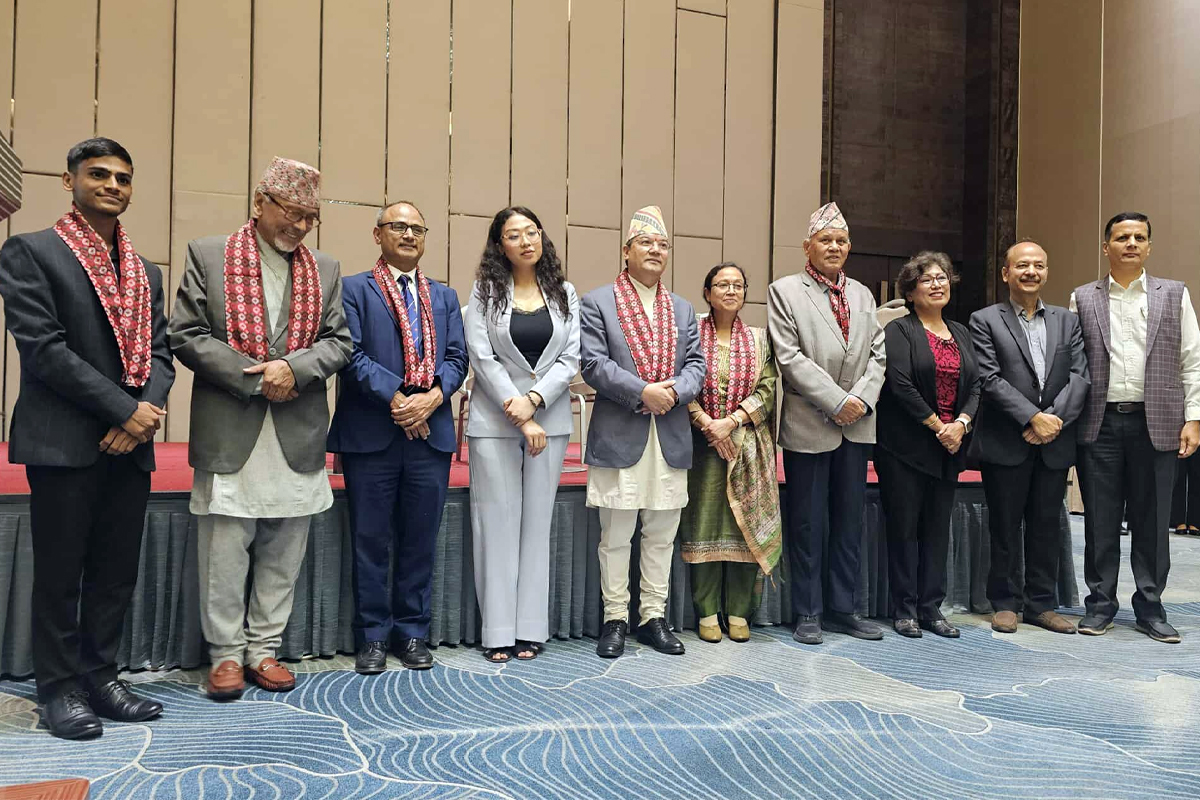
KATHMANDU: Greentech for Women, With the support of UNESCO Headquarters (Paris), convened a high-level Policy Dialogue on Gender Equality, Climate Resilience, and Sexual and Reproductive Health and Rights (SRHR) in the capital. The event brought together policymakers, experts, and advisors to address the urgent need for policy coherence between the domains of gender, climate, health, and education — sectors that have long functioned in isolation in Nepal.
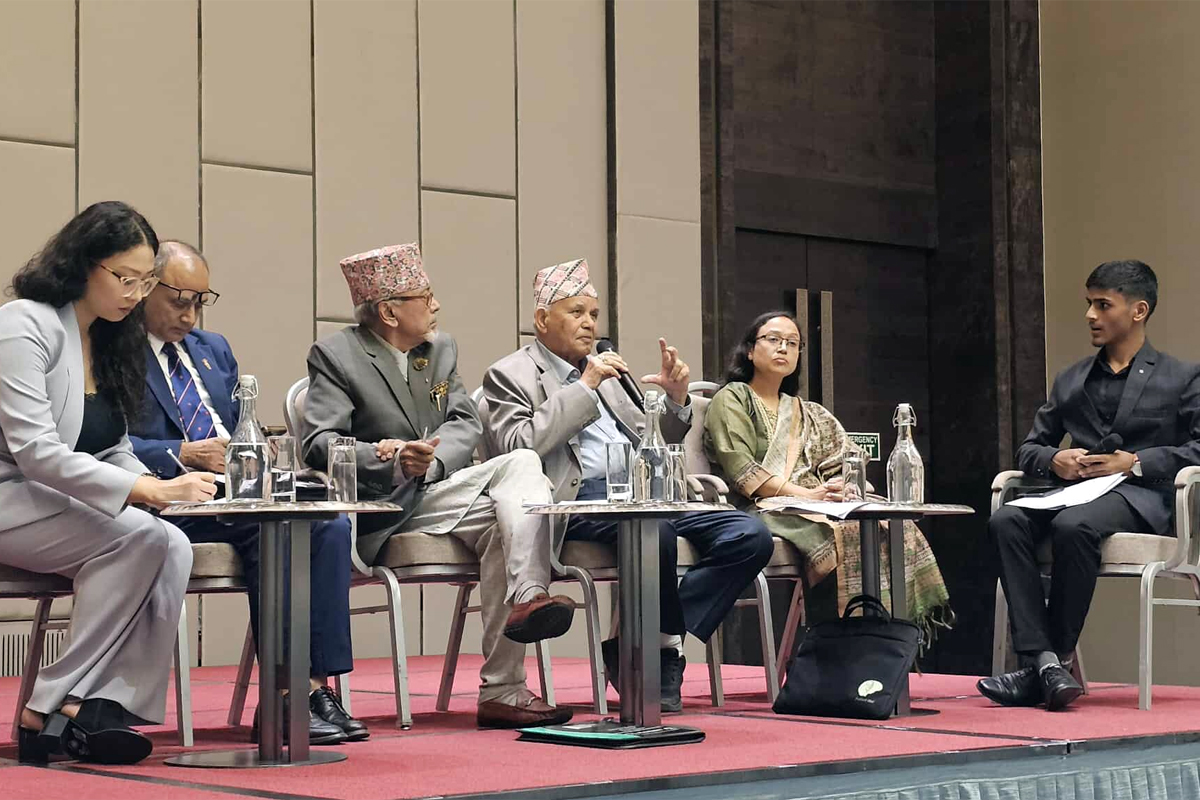
The dialogue marked the culmination of EmpowerHER, a nationally recognized, youth-led initiative supported by the UNESCO Intergenerational Dialogue Toolkit. EmpowerHER promotes civic leadership through fieldwork, digital campaigns, and community-based learning, having reached more than 5,000 youth across Nepal. The initiative tackles pressing grassroots issues including misinformation, climate stress, and reproductive injustice.
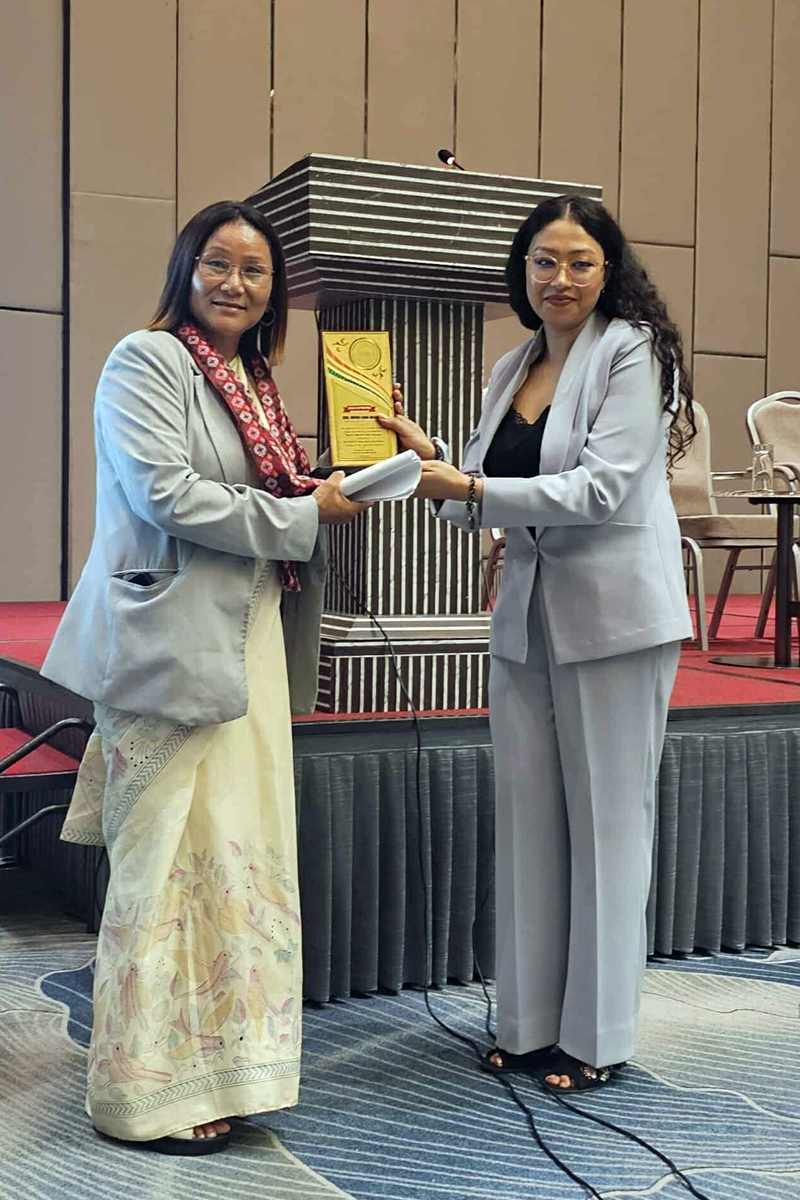
Minister of Forests and Environment Ain Bahadur Shahi and Deputy Speaker of the House of Representatives Indira Rana Magar attended the event alongside other distinguished figures from governance. The panel discussion — expertly moderated — featured prominent experts: Dr. Yagya Bahadur Karki, Dr. Maheshwar Dhakal, Dr. Bishnu Hari Nepal, Dr. Sarina Vaidya, and Arya Manandhar. Discussions explored the intersection of gender equality, SRHR, digital misinformation and disinformation, the importance of reliable datasets, youth engagement in policy-making, and climate justice.
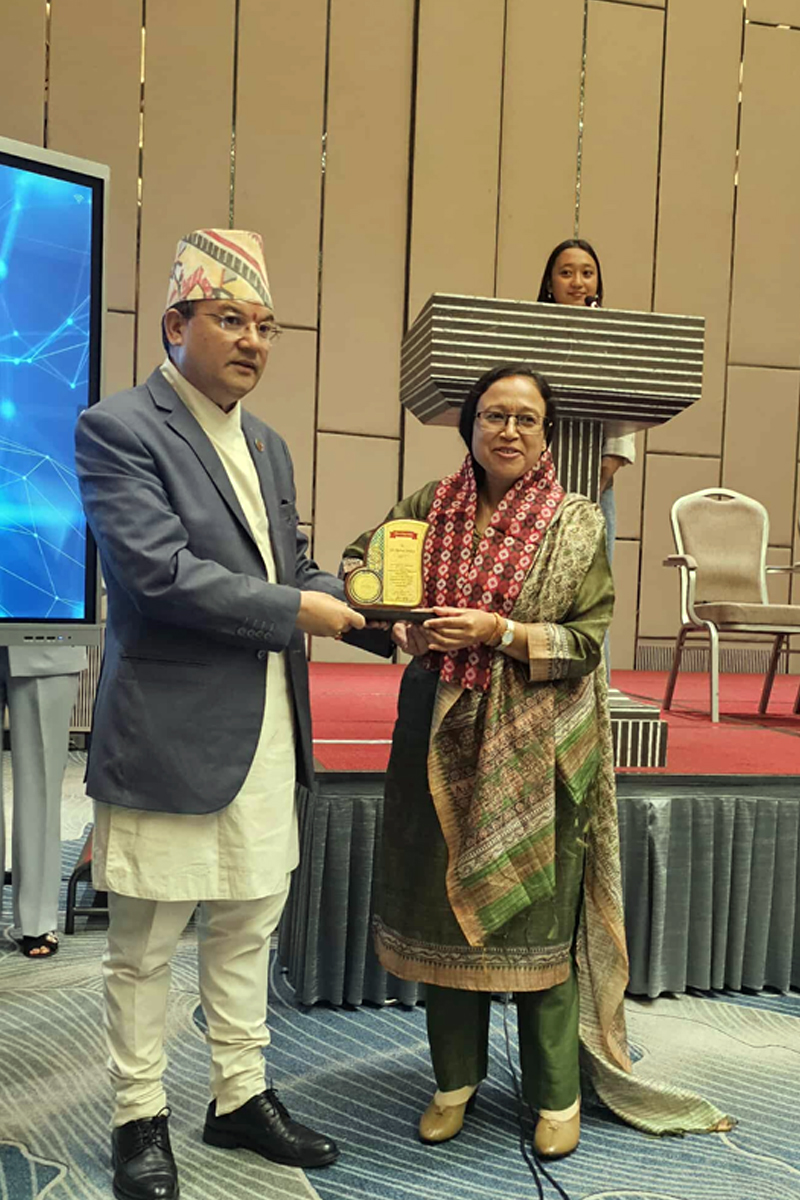
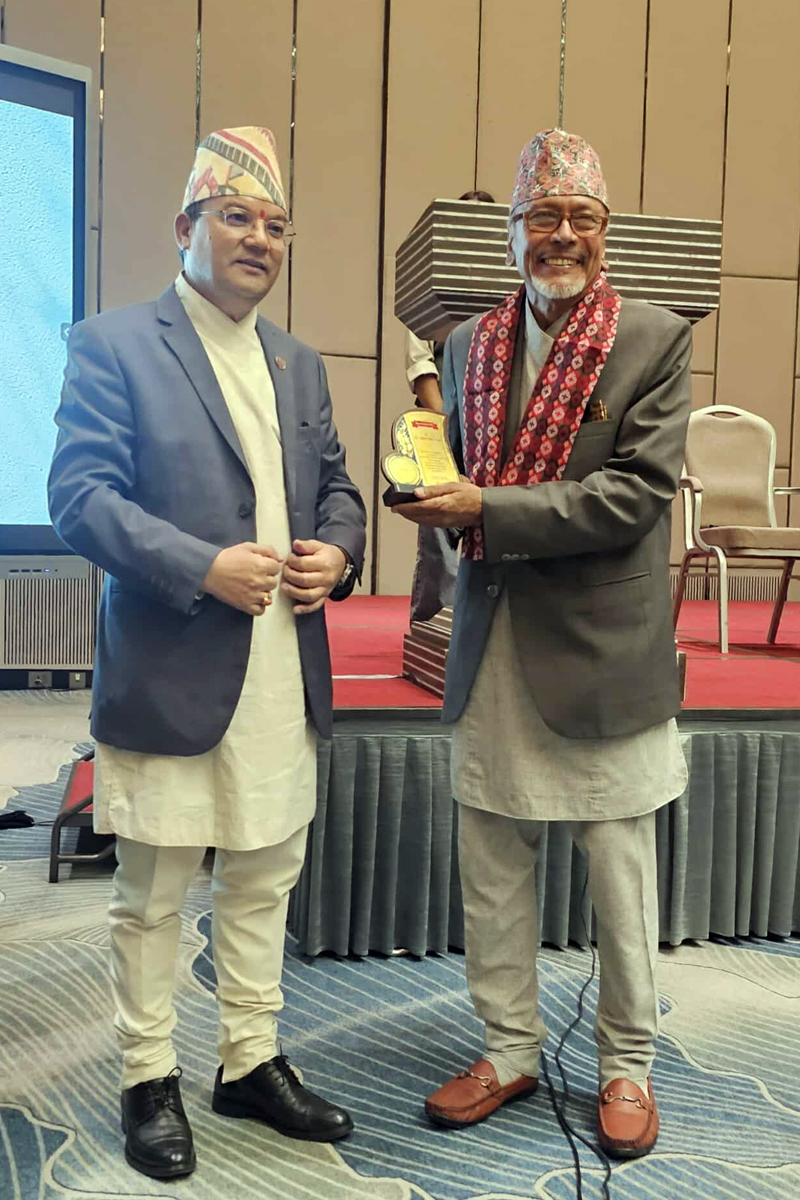
Arya Manandhar, Founder of Greentech for Women, urged stakeholders to prioritize youth participation in national discourse and in co-creating solutions for climate justice. Highlighting the critical role of data, she noted that while accurate datasets often go unused, unverified information spreads rapidly. “It is important to ensure that data does not die,” she said, emphasizing that making data engaging and accessible is key to its effective use.




